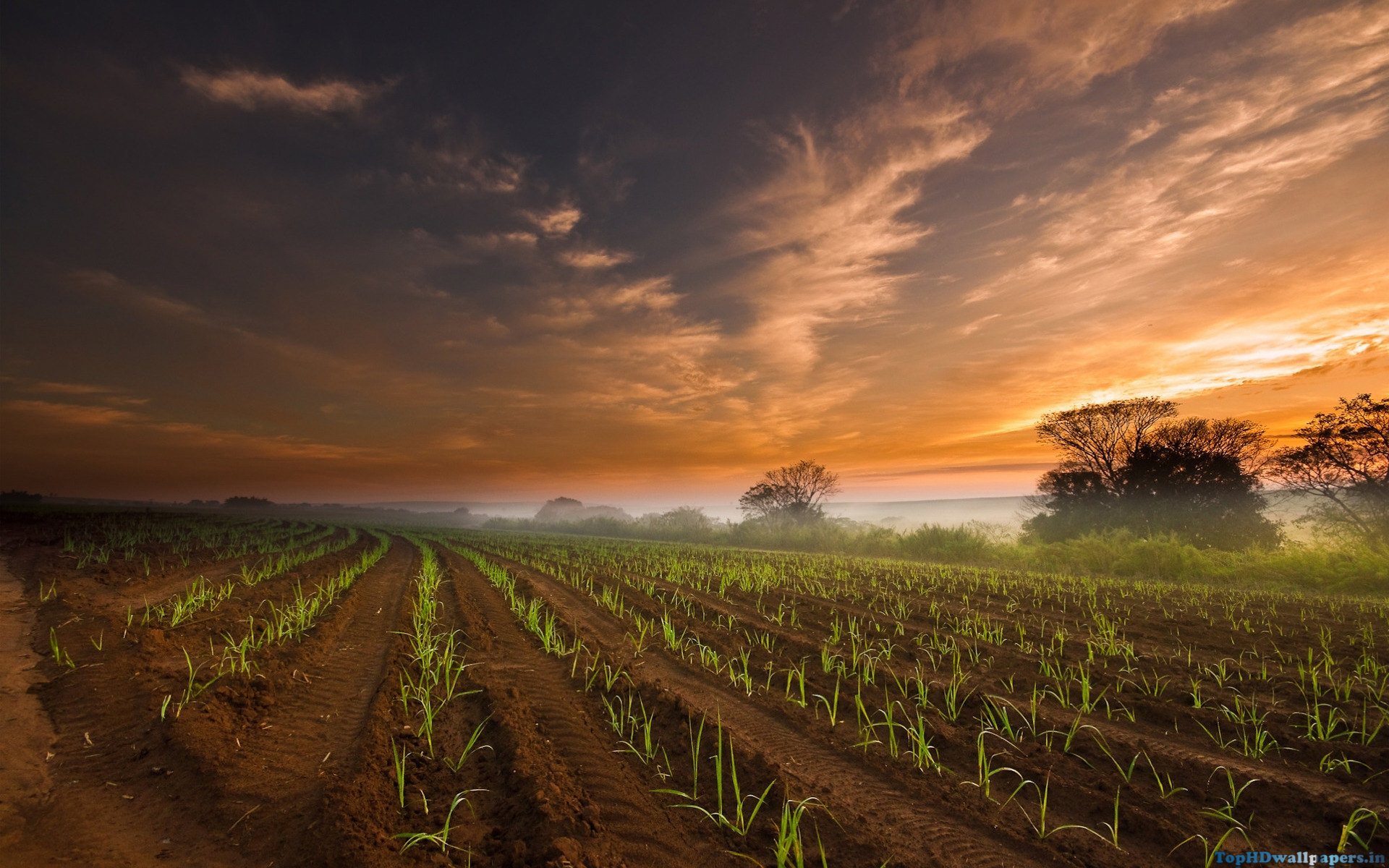In the intricate tapestry of human existence, the interplay between agriculture, peace, and prosperity emerges as a profound aspect of Bahá’í teachings. This symbiotic relationship elucidates not only the spiritual obligations towards the land but also their ramifications on societal welfare and economic development. To comprehend the importance of this triad, it is essential to explore the interconnectedness of these elements as defined in Bahá’í texts and teachings.
Understanding Agriculture in Bahá’í Thought
At its core, agriculture is not merely a means of sustenance; it transcends the mere act of cultivation to become an expression of life itself. The Bahá’í Faith emphasizes farming as a sacred trust. The diligent stewardship of fertile lands cultivates an intimate relationship between the farmer and the environment, fostering an ethos of responsibility. This perspective is underscored by the belief that such stewardship is a form of worship, contributing to the overall betterment of humanity.
The Bahá’í teachings extoll the virtues of ethical agricultural practices that prioritize sustainability and ecological balance. As societies grapple with the consequences of industrial farming and climate change, the Bahá’í framework advocates for regenerative methods that honor the planet. The recognition that agriculture can either deplete or replenish the earth’s resources is a significant theme in Bahá’í literature, pushing adherents to advocate for environmental justice.
The Convergence of Peace and Agriculture
The relationship between agriculture and peace is a nuanced one. In the Bahá’í perspective, agricultural practices can significantly mitigate conflict by addressing fundamental human needs. Food security stands as a cornerstone of societal stability; thus, ensuring equitable access to resources is paramount. The Bahá’í teachings reveal that when communities engage in collaborative agricultural efforts, they cultivate not only crops but also social cohesion. As farmers work together, sharing knowledge and resources, they generate mutual respect, trust, and ultimately, peace.
Moreover, agriculture in a Bahá’í context embodies a microcosm of larger societal structures. By fostering collaboration and interdependence, agricultural practices can function as a model for resolving disputes and promoting peace. The communal aspect of farming reinforces the notion that collective action can yield beneficial outcomes for all, resonating with the Bahá’í principle of unity in diversity. The emergence of dialogue during shared agricultural endeavors paves the way for conflict resolution and fosters a culture of peace.
Prosperity Through Agricultural Innovation
Economic prosperity, a crucial component of human development, is inextricably linked to agriculture in Bahá’í thought. With a focus on holistic progress, the teachings advocate for the implementation of innovative agricultural techniques that improve productivity while preserving the environment. Embracing modern technology and sustainable practices can significantly enhance the agricultural landscape. For instance, hydroponics and vertical farming represent paradigms that align with the Bahá’í emphasis on the integration of science and spirituality.
The proliferation of agricultural enterprises not only contributes to national economies but instills a sense of ownership and accountability within communities. The Bahá’í teachings encourage a model where prosperity is not merely quantified through material wealth but is also measured by the well-being of the community, further aligning with the principles of equity and justice. Thus, the prosperity that arises from agricultural ventures is not a zero-sum game; rather, it should uplift all stakeholders involved in the agricultural chain.
Interdependence of Agriculture, Peace, and Prosperity
The interdependence inherent to agriculture, peace, and prosperity is not simply a philosophical assertion but a practical framework for societal development. The cyclical nature of these elements reinforces the idea that progress in one area engenders advancements in the others. For example, peace fosters an environment conducive to agricultural innovation, which in turn enhances economic stability. This stability allows communities to invest in sustainable agricultural practices, perpetuating the cycle of peace and prosperity.
Furthermore, the Bahá’í teachings highlight the importance of education in this triad. Educated farmers are better equipped to implement sustainable practices, leading to increased yields and food security. The dissemination of knowledge promotes community resilience and empowers individuals to actively participate in the agricultural system while adhering to the principles of equity and justice. In this sense, education serves as a vital facilitator between agriculture, peace, and prosperity.
A Vision for the Future
In light of global challenges such as climate change, population growth, and political unrest, the Bahá’í teachings present a timely vision for a harmonious future. The synergy between agriculture, peace, and prosperity necessitates collective action guided by ethical principles. For Bahá’ís, this holistic framework is not merely an aspiration but a call to arms for individuals, communities, and nations to align their efforts towards sustainable development.
Furthermore, this integration can inspire policy-makers to design frameworks that prioritize agricultural resilience while fostering peaceful societies. The Bahá’í model advocates for systems that account for the intricacies of human interactions and the environment. The future must be envisioned through a lens that recognizes agriculture not just as an economic venture but as a fundamental pillar of a just and flourishing civilization.
In conclusion, the Bahá’í teachings illuminate the secret link between agriculture, peace, and prosperity. The harmonious existence of these elements is essential for the holistic advancement of society. By advocating for sustainable practices, collaborative efforts, and comprehensive education, individuals can fulfill their spiritual and ethical obligations while contributing to the greater good of humanity. This interconnected triad serves as a reminder that the cultivation of the land is fundamentally intertwined with the cultivation of the human spirit.
